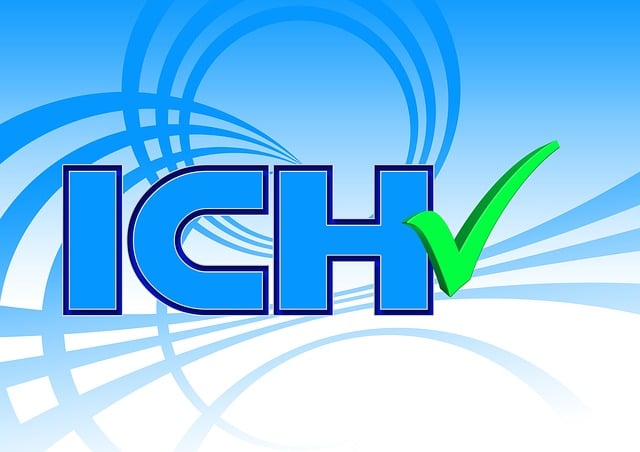Self-Exclusion Tools are powerful resources for managing gaming habits, offering features like deposit limits and time restrictions to prevent risky behaviors. These tools educate users about their spending, promote responsible gambling, and cater to diverse needs with automated blocking and support networks. Successful implementations in casinos worldwide, notably in Las Vegas, prove their effectiveness, empowering individuals to control access and fostering a healthier gaming ecosystem.
Self-exclusion tools are powerful resources in the realm of responsible gambling, enabling individuals to take control of their gaming habits. This comprehensive article delves into the understanding and implementation of self-exclusion strategies, offering a detailed overview for both beginners and seasoned players.
From recognizing the importance of these tools to exploring real-world case studies, we provide an all-encompassing guide. Learn how effective self-exclusion can revolutionize your gaming experience, foster responsible behavior, and ensure a healthier relationship with gambling.
- Understanding Self-Exclusion Tools: A Comprehensive Overview
- Implementing Effective Strategies for Responsible Gambling
- Case Studies: Real-World Success Stories and Best Practices
Understanding Self-Exclusion Tools: A Comprehensive Overview

Self-Exclusion Tools are designed to empower individuals to take control of their gaming or gambling habits, allowing them to voluntarily limit or stop participating in specific activities. These tools provide a range of features such as setting deposit limits, time restrictions, and personalized notifications to promote responsible behavior. By offering a comprehensive solution, they enable users to manage their engagement effectively, ensuring a healthier balance between leisure and personal responsibilities.
Comprendre these tools involves recognizing their multifaceted approach. They not only help individuals set boundaries but also educate them about their spending habits, potentially reducing risky behaviors. With advanced features like automated blocking mechanisms and personalized support networks, Self-Exclusion Tools are becoming increasingly sophisticated in their ability to cater to diverse user needs, making them valuable resources for anyone seeking to maintain a safe and controlled digital environment.
Implementing Effective Strategies for Responsible Gambling

Implementing effective strategies for responsible gambling is a crucial aspect of using self-exclusion tools. These tools, designed to empower individuals, allow them to take control of their gaming habits by setting limits and temporarily or permanently excluding themselves from online casinos and betting platforms. By integrating self-exclusion mechanisms into the gaming ecosystem, operators send a strong message about responsible behavior, fostering a culture where players prioritize their well-being above immediate rewards.
This approach is particularly beneficial for those at risk of problem gambling. Self-exclusion tools provide a safety net, enabling individuals to step away from the allure of gambling when needed. They offer a practical solution to curb excessive play, ensuring that gaming remains an enjoyable pastime rather than a compelling, potentially destructive compulsion. Effective strategies include offering multiple self-exclusion options tailored to different preferences and providing clear, user-friendly instructions for their implementation.
Case Studies: Real-World Success Stories and Best Practices

In the realm of responsible gaming, Self-Exclusion Tools have emerged as powerful strategies to help individuals regain control over their gambling habits. Case studies from around the globe illustrate the effectiveness of these tools in mitigating problem gambling. For instance, several casinos in Las Vegas have successfully implemented self-exclusion programs, allowing players to voluntarily sign up for periods of limited or complete access to gaming facilities. This initiative has not only empowered at-risk individuals but also reduced the casino’s exposure to potential significant losses.
Best practices suggest that these tools should be user-friendly and accessible, offering a range of options like duration (from a few days to indefinitely) and specific game restrictions. Moreover, providing education and counseling services alongside self-exclusion can enhance their impact. Real-world success stories highlight the importance of tailored approaches, where casinos and gaming operators work collaboratively with players to create personalized solutions, fostering a healthier gaming environment for all.
Self-exclusion tools are powerful resources in the pursuit of responsible gambling. By understanding their comprehensive capabilities and implementing effective strategies, individuals can take control of their gaming habits. The case studies presented highlight real-world successes, demonstrating the impact of these tools. Embracing self-exclusion as a proactive measure not only promotes personal responsibility but also contributes to a healthier gaming environment. With continued development and awareness, these tools will play a pivotal role in ensuring a balanced and sustainable approach to gambling.






